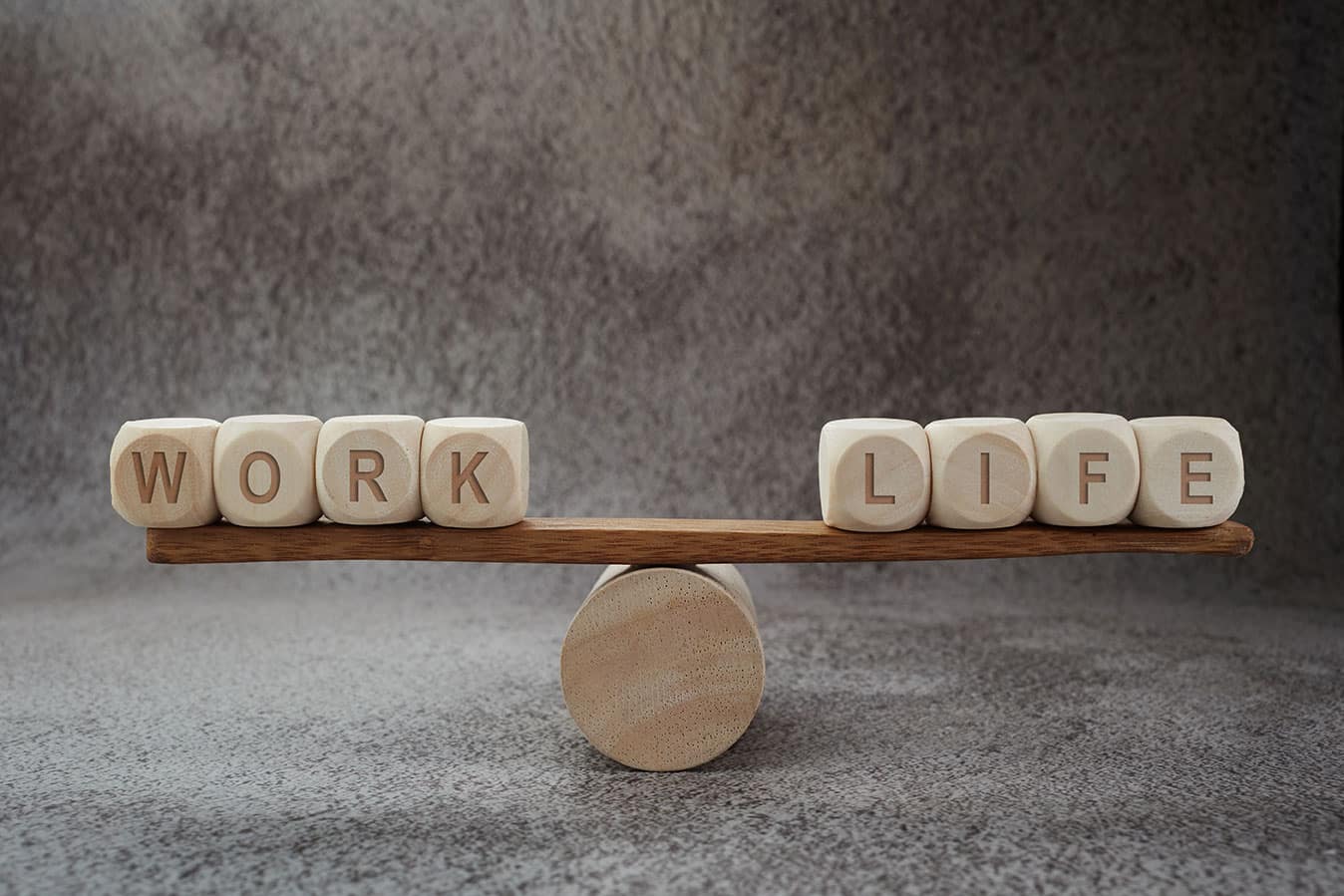
Understanding Work Stress

Our professional lives are a significant part of how we spend our time day to day. Some of us find fulfillment in our work. Others of us dread going and meander our way through the obligatory motions to make ends meet. Dynamics with coworkers and management can be challenging and stressful. How do you handle work stress? Do you address problems and engage in constructive communication? Or do you internalize feedback and shut down? What do your stressors at work look like? Is there respect between varying levels of experience?
Physical and Emotional Safety in the Workplace

Ideally our work place should feel safe physically and emotionally. Unfortunately, too often this is not the case. What are we talking about? Well safety can be your physical safety- access to personal protective equipment, working appliances, locked doors. Work safety can also be related to dynamics with other people at our job. This can look like physical or sexual harassment. Harassment can also be emotional, such as bullying or discrimination. Are there dynamics occurring at your job that meet criteria for harassment? If you voice your concerns to management or Human Resources, will you be heard? Is there fear about losing your job if you speak up? Are you wanting to speak up but lacking the communication skills?
A lot of us are in jobs where there is limited choice and allowance for autonomy. Do you feel overwhelmed or anxious when you have to work with certain people? Have you been identified as being “too nice” or the “people pleaser”? Do you feel manipulated or taken advantage of? How do handle your frustration about differences in work ethic?
Utilizing the Power of Therapy for Work Related Stress
There is a lot that we can’t control at our job. Therapy can help you assess what you can control- your communication skills, your ability to set healthy boundaries, identification of triggers, relaxation techniques, and coping skills for how you manage stress. If you’re struggling in any of these areas, therapy can be an outlet to gain insight and learn ways to cope. A lot of us bring work home and redirect our feelings of anxiety, anger or frustration onto our families or friends. Some of us internalize our stress and feel physical symptoms like tightness in our chest or stomach aches. A therapist or psychologist can support you in understanding how stress is impacting your life.
Stay Updated With The Most Recent News & Blogs From Soultenders.
Get blog articles and offers via email







